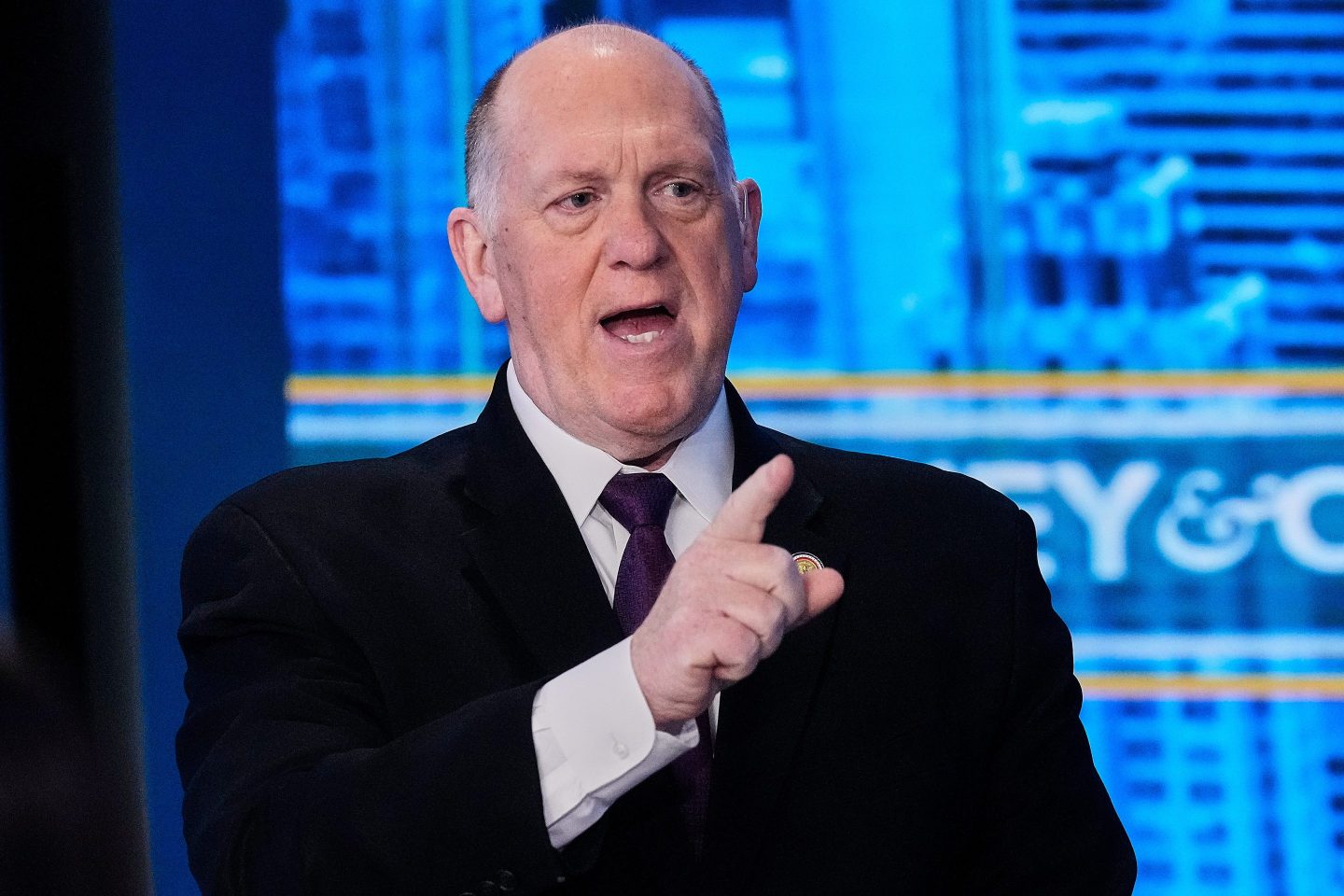Americans are divided more by party lines than gender when it comes to the #MeToo movement, according to new NPR-Ipsos polls.
There was a seven-point gender gap between respondents who believe those accused of sexual harassment should be given the benefit of the doubt until proven otherwise (80% of men and 73% of women). When divided by party lines, the gap more than doubles: 70% of Democrats and 86% of Republicans hold this belief, a 16-point divide.
This partisan divide has more than tripled since the NPR-Ipsos poll conducted last year, where 75% of Democrats and 80% of Republicans said the accused should be given the benefit of the doubt, a 5-point difference.
When considering if the alleged victim of sexual assault should get the benefit of the doubt, 85% of Democrats said yes, versus 67% of Republicans. NPR reports this divide is nearly double that of the gender gap.
On whether false accusations of sexual assault are common, 77% of Republicans said yes, compared to 37% of Democrats—a divide four times larger than the gender gap.
When asked if the #MeToo movement has gone too far, 75% of Republicans said yes compared to 21% of Democrats. While a gender gap exists as well, it was again much smaller: 51% of men believe the movement has gone too far, compared to 36% of women.
The survey—conducted last week with more than 1,000 Americans—did not define what “too far” meant, but in follow-up interviews NPR reports several participants cited rushed judgments, unproven claims ruining careers, and a “bandwagon effect” that leads some behavior to be elevated and misconstrued as sexual misconduct.
Overall, 43% said the movement has gone too far, but NPR reports fewer people under the age of 35 hold this belief. Younger people are also less likely to say they would consider voting for a political candidate accused of sexual assault, and more say they’re clear on what qualifies as sexual misconduct.
This final point of defining sexual misconduct baffles many Americans: half of all respondents said they’re unclear on what behaviors cross the line. By party, 65% of Republicans and 39% of Democrats said it’s difficult to tell what constitutes as sexual harassment.











